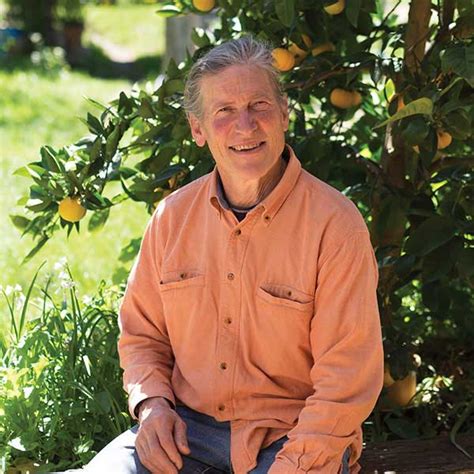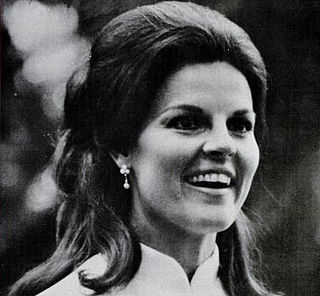A Quote by Steven Pinker
A hostility to modernity is shared by ideologies that have nothing else in common - a nostalgia for moral clarity, small-town intimacy, family values, primitive communism, ecological sustainability, communitarian solidarity, or harmonies with the rhythms of nature.
Related Quotes
If you understand it from an ecological or sustainability perspective, agriculture is the primary way we meet most of our needs, and it's the greatest form of human intervention on our environment. It has intimately shaped our culture as powerfully as industrial modernity, but for ten thousand years rather than two hundred.
Genuine leadership is inherently moral. So the values chosen matter tremendously, and they must be values aligned with society (including the most universal statement of human values in history, the Universal Declaration of Human Rights, as well as clear values of sustainability evidenced in global declarations like the Stockholm and Rio Declarations.
What makes most people comfortable is some sort of sense of nostalgia. I grew up in a small town, and I could count my friends on one hand, and I still live that way. I think I'll die in a small town. When I can't move my bones around a stage any more, you'll find me living in a place that's spread out and rural and spacious.
Nostalgia is also a trait of the organizations that I call lodges - everything from corporate cultures to religious sects. Their bonding power often exceeds loyalty to family or country because they create intimacy through shared ideals and beliefs, ceremonies, stories, and legends, and depend on it for their survival. The message is clear: Don't question what we're doing. Just appreciate how long we've been doing it.
We believe that what matters most is not narrow appeals masquerading as values, but the shared values that show the true face of America; not narrow values that divide us, but the shared values that unite us: family, faith, hard work, opportunity and responsibility for all, so that every child, every adult, every parent, every worker in America has an equal shot at living up to their God-given potential. That is the American dream and the American value.
I'm a small town boy from a place not too different from Farmville. I grew up with a corn field in my backyard. My grandfather had emigrated to this country when he was about my son's age. My mom and dad built everything that matters in a small town in southern Indiana. They built a family and a good name and a business, and they raised a family.
I believe nostalgia has many appearances and that it's not just the privilege of adults. I think children too can have nostalgia. It's one of mankind's most shared emotions. It's one of the things that makes us human. When you live, you lose things. It's a fact of life. So it's natural for everyone to have nostalgia.
The ecological crisis we face is so obvious that it becomes easy...to join the dots and see that everything is interconnected. This is the ecological thought. And the more we consider it, the more our world opens up." The ecological thought "...is a vast, sprawling mesh of interconnection without a definite center or edge. It is radical intimacy, coexistence with other beings, sentient and otherwise.





































